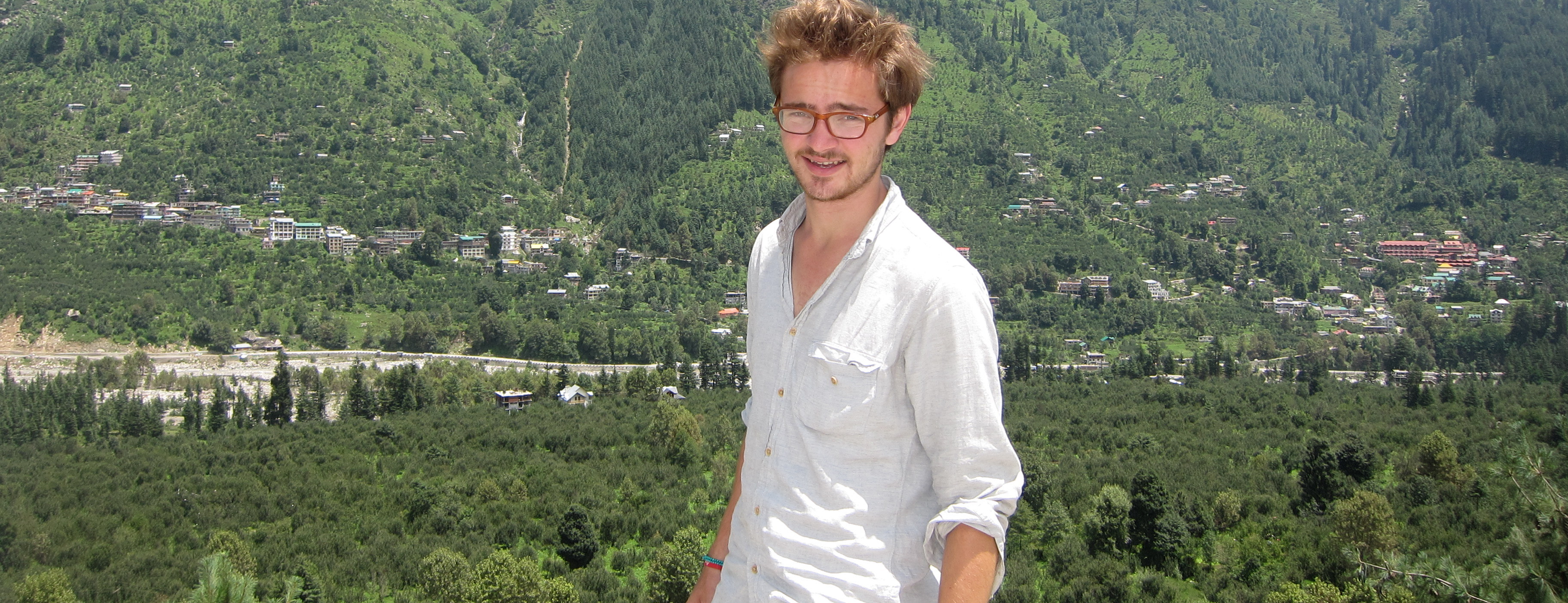MCRI Student Life - Rupert Weaver, protecting infants from severe pneumonia in Laos

I've recently completed a research project with MCRI's Pneumococcal Research Group. The aim of the project was to investigate the PCV13 vaccine, which can protect infants from severe pneumonia in Laos.
The PCV13 vaccine has been successfully protecting children against pneumonia all over the world. However, it's not widely used in Asia and there wasn't any evidence showing how well it worked in this setting. Our study is the first to look at how effective the vaccine is in an Asian country.
We are very excited about our results. The vaccine was very effective at protecting children under five years from pneumonia, reducing cases of severe pneumonia by almost half. I hope these results will encourage Laos to continue providing the vaccine, and that other Asian countries will include PCV13 as part of national childhood vaccination programs.
I think one of the most important and difficult challenges in research is building a framework and strong understanding of your topic. It is important to identify the areas where you have a lack of understanding and knowledge, which can then be the focus of your research. It's good to ask as many questions as you can. Only assume you know very little and are completely confused, try to be ok with that, and then slowly build up from there!
I like the potential medicine has to help people. No matter how big or small the illness, as a doctor you can still have a positive impact on someone's life. I like the opportunities medicine gives you to work in a variety of areas at different levels, both directly, with individuals and their care, or on population levels working on projects like vaccine evaluation which will provide benefits to the wider population.
In paediatrics in particular, there can be many positive knock on effects later in life if quality healthcare is provided to children. I also enjoy the detective work needed to figure out the likely source of someone's illness."



